Investigators
The project team is highly interdisciplinary and represents mechanical/manufacturing engineering, civil engineering, electrical engineering, industrial education and technology, philosophy, biology; and physics. The team is ethnically diverse, which will be of benefit in understanding the needs of different student populations. Drs. Tate, Fazarro, Gaedicke, Allhoff, Hank and McLean are accomplished educators in their fields and Dr. Trybula brings vast industry experience.
Principal Investigator
Dr. Jitendra S. Tate. Associate Professor, Ingram School of Engineering. Texas State University
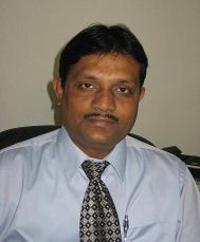 | Dr. Tate, associate professor of manufacturing engineering, has established safe handling practices for industrial (such as nanoclay) and engineered (such as carbon nanotubes) nanoparticles in his research and teaching, dealing with advanced polymer nanocomposites. His research lab will serve as the training site on health and safety issues of nanomaterials. Dr. Tate is a mechanical engineer by training and has 16-plus years of academic and two years of industry experience. His research areas include developing, manufacturing; and characterizing the high-performance polymeric nanocomposites for rocket ablatives, fire-retardant interior structures of mass transit and aircraft, lighter and damage-tolerant wind turbine blades, and replacement of traditional composites using bio-based materials. He has mentored undergraduate African-American students under NASA-PAIR at NC A&T University, an HBCU, and Hispanic students under H-LSAMP at Texas State. He is a member of AIAA, ASME, ACMA, ASEE, and SAMPE. He is a recipient of a prestigious national teaching award, the 2009 Dow Chemical Educator of the Year by the Society of Plastics Engineers’ Composites Division. |
Co-Principal Investigators
Dr. Dominick E. Fazarro. Associate Professor, Department of Human Resource Development and Technology. University of Texas at Tyler.
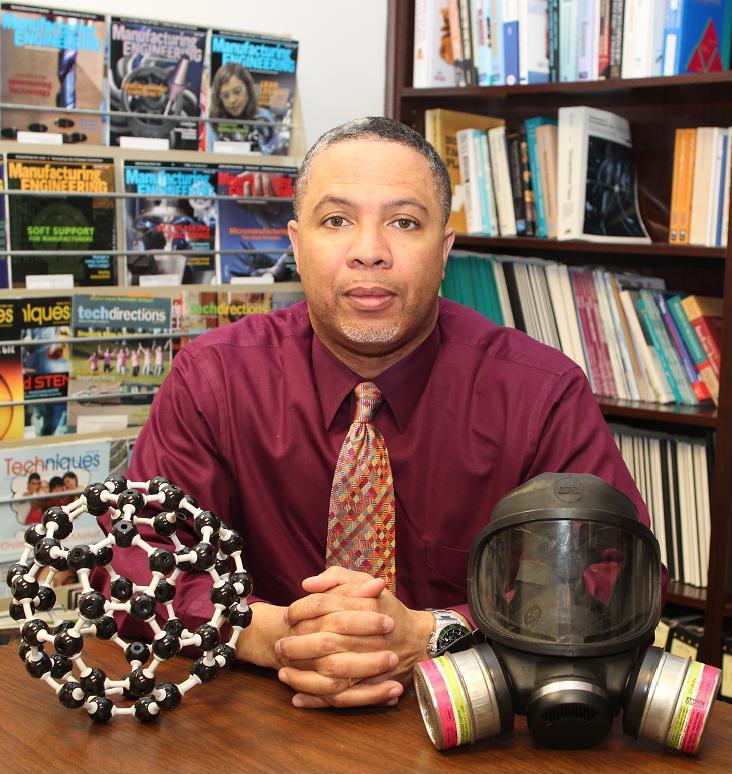 | Dr. Fazarro develops nanotechnology education with a management focus in the Industrial Management Program. He taught occupational health and safety in the Regulatory Science Program for the Department of Agriculture at the University of Arkansas at Pine Bluff (an HBCU) and also served as data manager for a $2.5 million NSF STEM HBCU-UP grant. Dr. Fazarro is an authorized outreach trainer of OSHA, and a member of the Association of Technology, Management, and Applied Engineering (ATMAE) and IEEE. He is also senior member on the IEEE nanotechnology council. He contributed to "Lateral Diffusion of Nano Education: Developing the New Workforce" in the book Nanotechnology Education and Workforce Development: What You Need to Know (CRC Press). Dr. Fazarro founded the IEEE nanotechnology branch student chapter at UT Tyler, which is the second in the world. He serves on the Texas Israel CoC Nanotech Committee. Drs. Fazarro and Trybula, along with professors from Rice University, received funding from the Susan Hardwood Grant in 2011 to train workers in nanotechnology safety. |
Dr. Craig Hanks. Professor, Department of Philosophy, Texas State University.
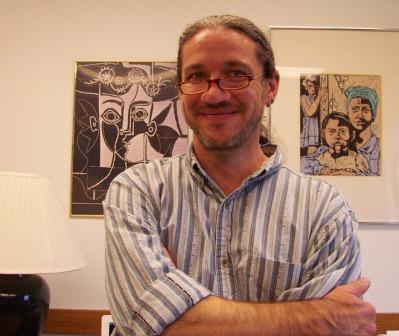 |
Dr. Hanks is NEH Distinguished Teaching Professor of the Humanities and professor of philosophy at Texas State University. A winner of seven teaching awards, including the highest recognition at Texas State University and The University of Alabama in Huntsville, he has more than 20 years of experience teaching Philosophy of Technology, Engineering Ethics, and Professional Ethics. He has served Texas State on the Intitutional Animal Care and Use Committee (IACUC) and the Institutional Review Board (IRB), which he chaired for three years. He was a visiting associate professor at the Stevens Institute of Technology, and has offered short courses and seminars on philosophy and ethics for teachers from high school through doctoral programs. His book Technology and Values (Wiley-Blackwell, 2010) is in revision for a second edition, and his new book Technological Musings is forthcoming in 2013. He is an active member of the International Society for Philosophy and Technology, a member of the editorial board for Philosophy in the Contemporary World, and an editor for the book series Philosophy of Engineering and Technology (Springer). |
Mr. Satyajit Dutta. Adjunct Faculty Member, Ingram School of Engineering, Texas State University.
 | Mr. Dutta has been teaching at Texas State as an adjunct faculty member since spring, 2008 in the Department of Engineering Technology and in the Ingram School of Engineering. He is retired from IBM. He had several years’ experience in the CMOS circuit design area with the companies like IBM and; Intel. His last assignment was with IBM, RTP, NC as the circuit design head on a 45nm dual processor project. He has 30 US patents and several professional publications. |
Senior Personnel
Dr. Walt Trybula, Adjunct Professor, Ingram School of Engineering and past Director, Nanomaterials Application Center.
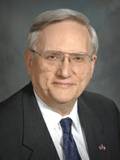 | Dr. Trybula is a nationally recognized advocate for nanotechnology safety. His 30-plus years of experience in the semi conductor and nanotechnology industries provide him the ideal background for addressing safety issues associated with new technology. Both an IEEE and an SPIE Fellow, he is recognized for promoting nanotechnology applications for commercialization. His presentation in September 2007 to the Congressional Nano Caucus addressed safety questions as well as electronics and photonics applications. His industrial experience enables him to guide startup companies into commercialization channels while evaluating technology risks. He is a member of the Texas Emerging Technology Fund‘s technical review committee and is the current chair of the Oklahoma OCAST nanotechnology proposal review committee. |
Dr. Robert McLean. Professor, Department of Biology, Texas State University.
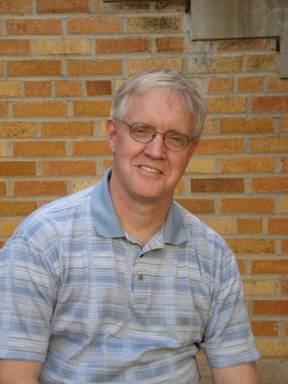 | Dr. McLean is a professor of microbiology at Texas State University. He has 24 years of academic experience and conducts research dealing with bacterial biofilms; and mixed bacterial populations. He and his colleagues were the first to demonstrate the importance of slow growth genes in biofilm growth, and also showed how biofilms on leaves in aquatic environments could promote their fossilization. He has flown two experiments on the space shuttle, one of which (flown with John Glenn) provided the first experimental evidence that biofilms could form under microgravity conditions. He is currently on the editorial boards of Applied and Environmental Microbiology, and the Geomicrobiology Journal. He has also been a member of more than 30 NIH grant panels. At Texas State, he has taught sophomore-level introductory microbiology as well as senior-level pathogenic microbiology, and microbial physiology and genetics courses. |
Dr. Fritz Allhoff. Associate Professor, Department of Philosophy. Western Michigan University

| Dr. Allhoff is an associate professor and a senior research fellow in the Centre for Applied Philosophy and Public Ethics in Canberra, Australia. Dr. Allhoff is also cofounder of the Nanoethics Group. He has held visiting posts at the American Medical Association, University of Michigan, University of Oxford, and the University of Pittsburgh. His primary fields of research are applied ethics, ethical theory, and philosophy of biology/science. He has published work in the American Journal of Bioethics, Cambridge Quarterly of Healthcare Ethics, International Journal of Applied Philosophy, and Kennedy Institute of Ethics Journal, among other places. His latest book is What Is Nanotechnology and Why Does It Matter?: From Science to Ethics (Wiley-Blackwell, 2010; with Patrick Lin and Daniel Moore). |
Dr. Cristian H. Gaedicke, Assistant Professor - Department of Engineering, California State University, East Bay.
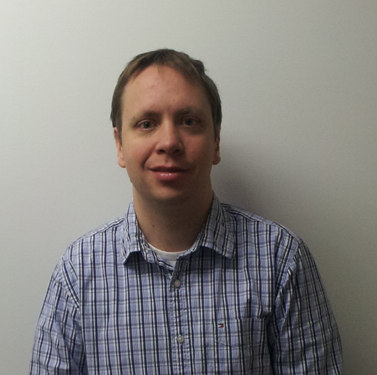 | Assistant professor Gaedicke has a Ph.D. in civil engineering and is a professional engineer (PE). Dr. Gaedicke is a member of the Society of Hispanic Professional Engineers (SHPE), and was a mentor to students at the Summer Research Opportunities Program (SROP) from 2005 to 2007. His research areas include modeling to predict the performance and deterioration of concrete pavements, concrete durability, and use of nanoparticles to slow diffusion and improve chloride and sulfate resistance of concrete. His research aims to reduce the negative effects of human activities on the environment by promoting the use of waste by-products in infrastructure, construction and industrial applications. He has professional experience in development and implementation and ISO 17020 and 9001 quality-management systems. He actively mentors undergraduate and graduate Hispanic students and engages them in research and student competitions. He developed and taught course in industrial safety and health. |